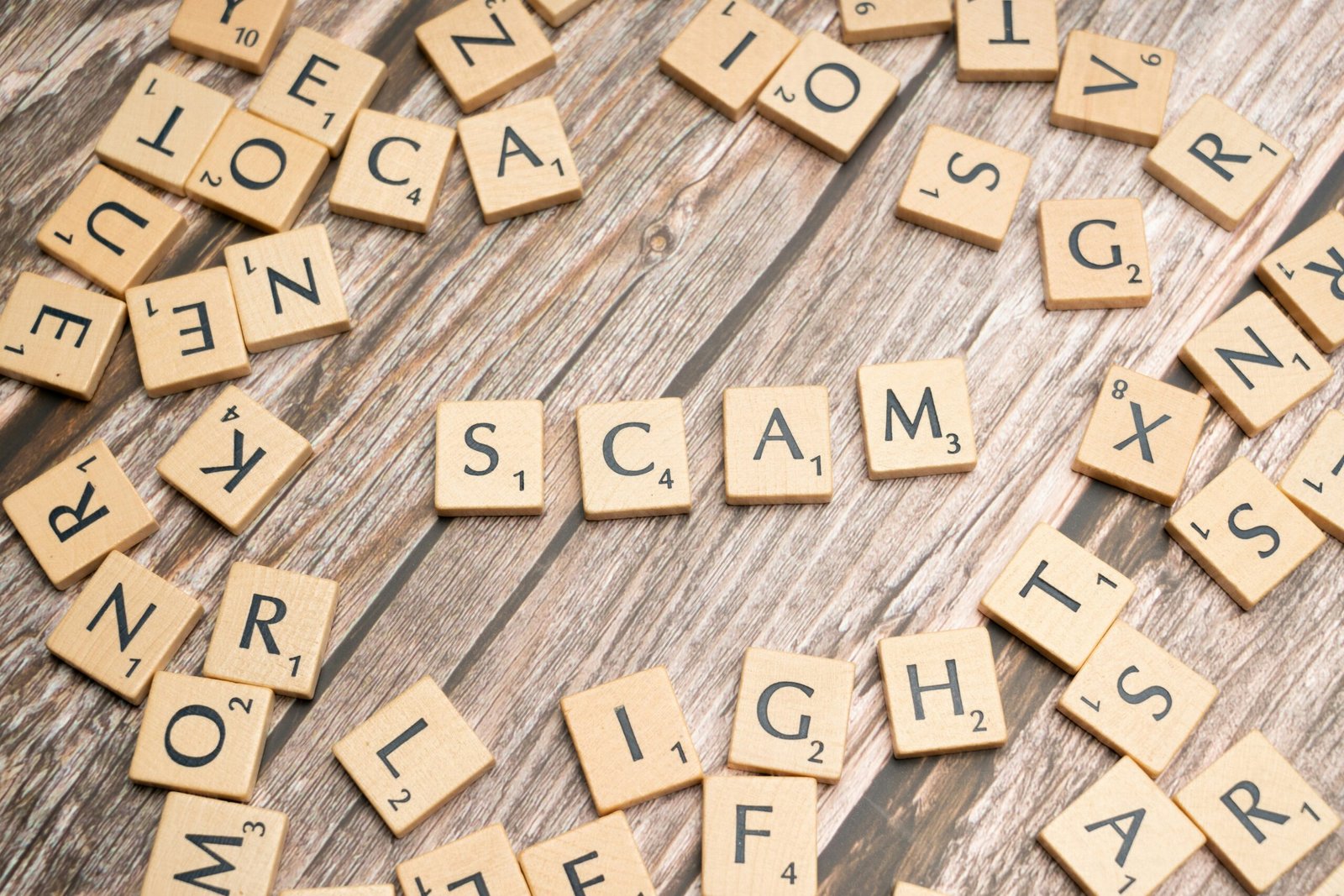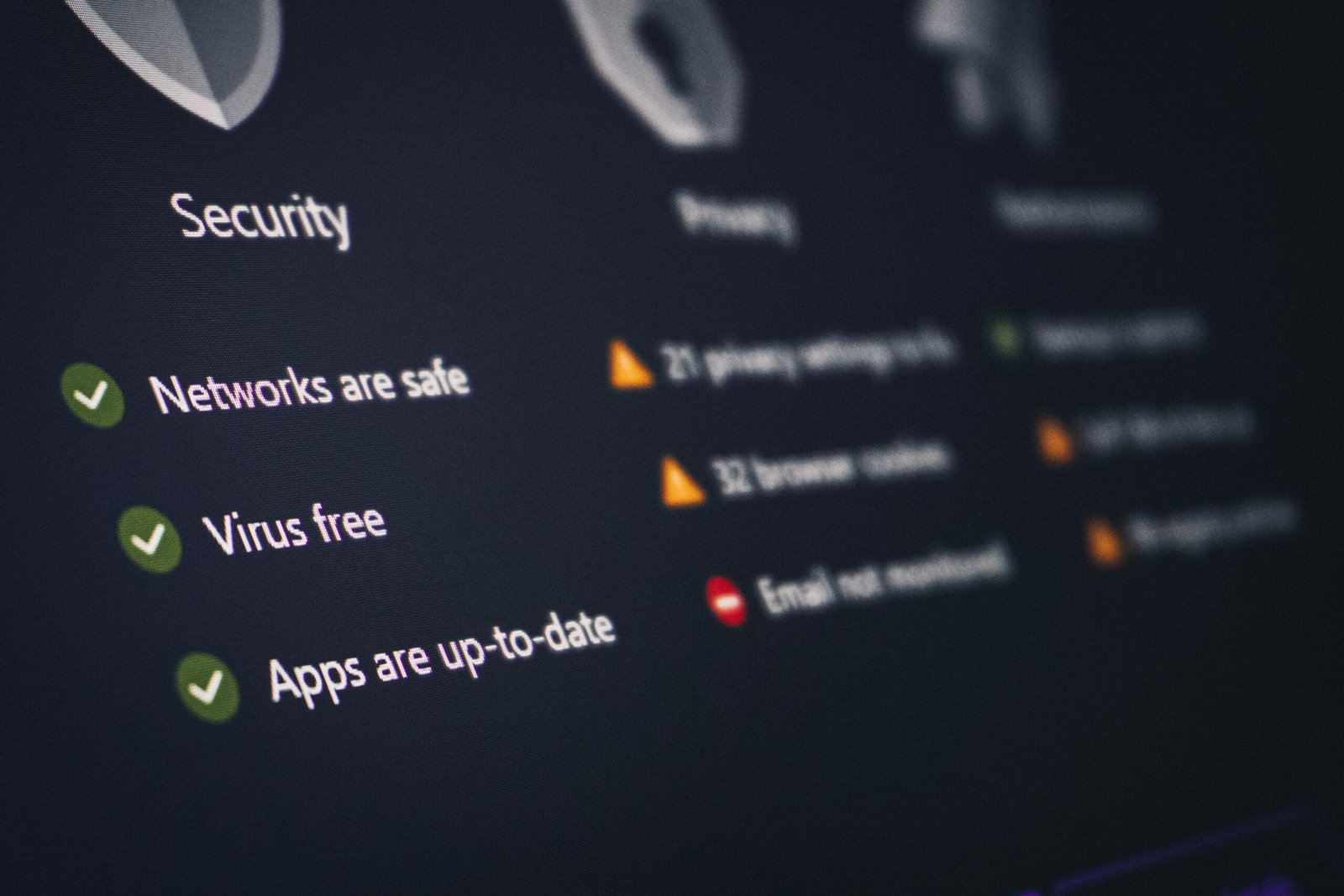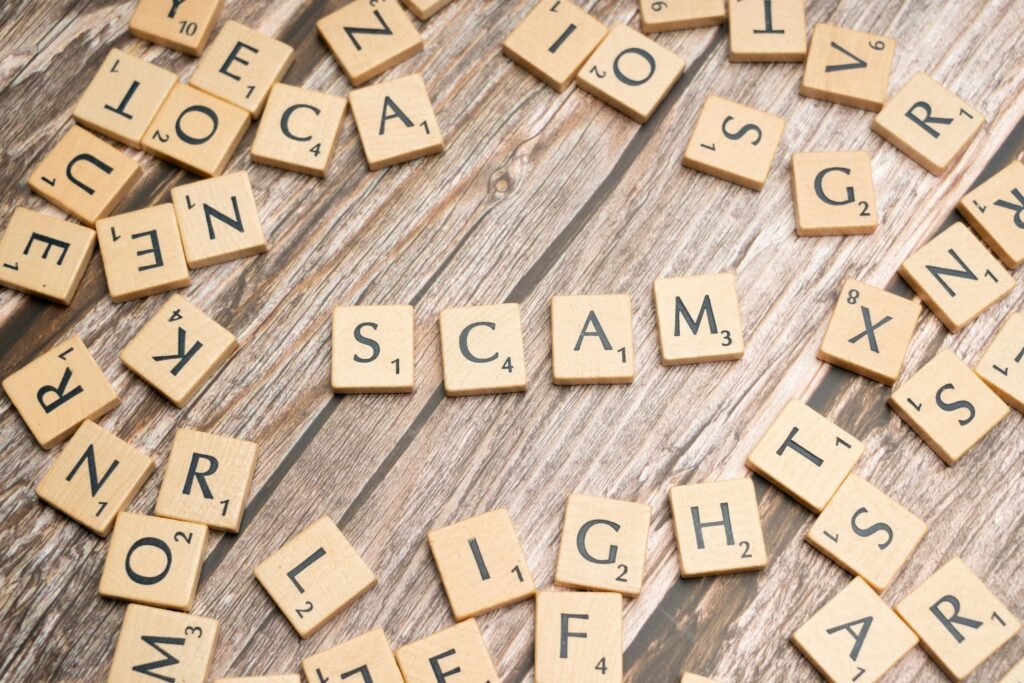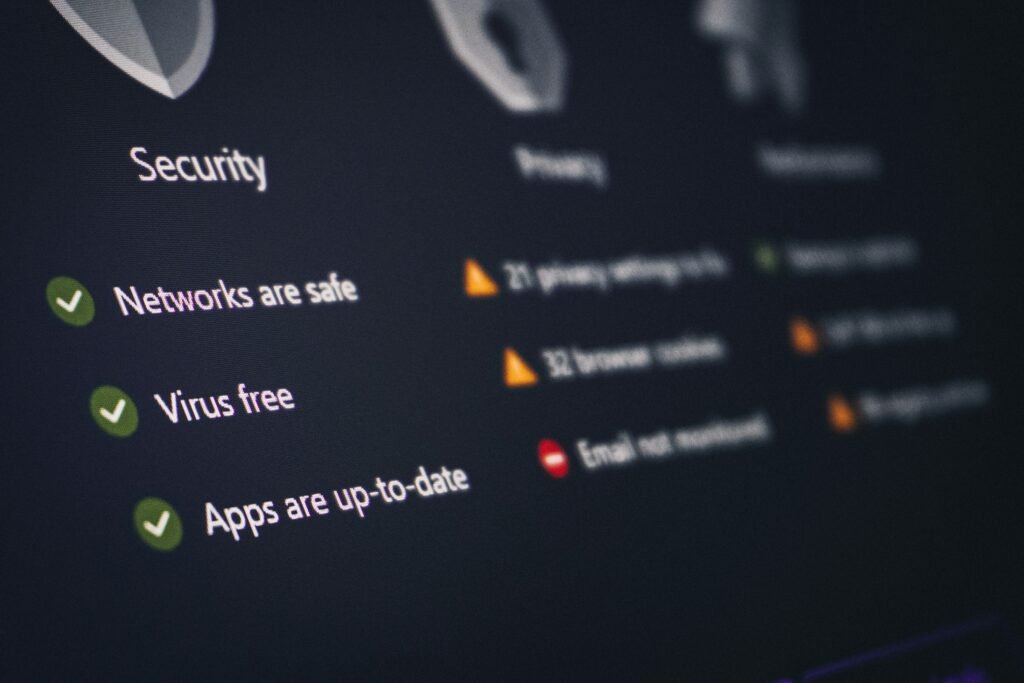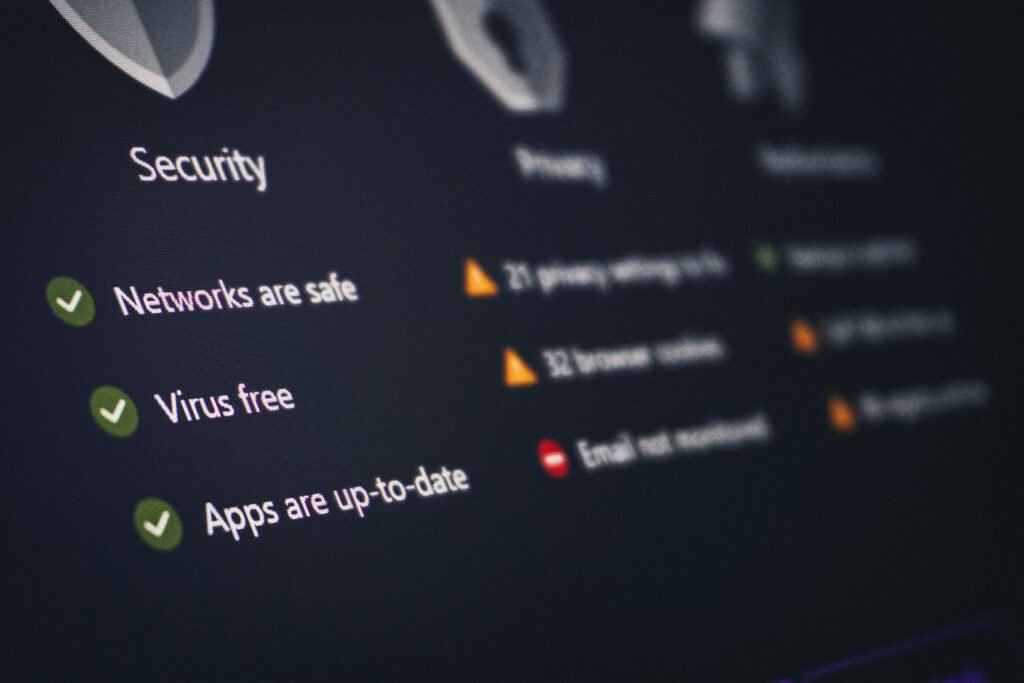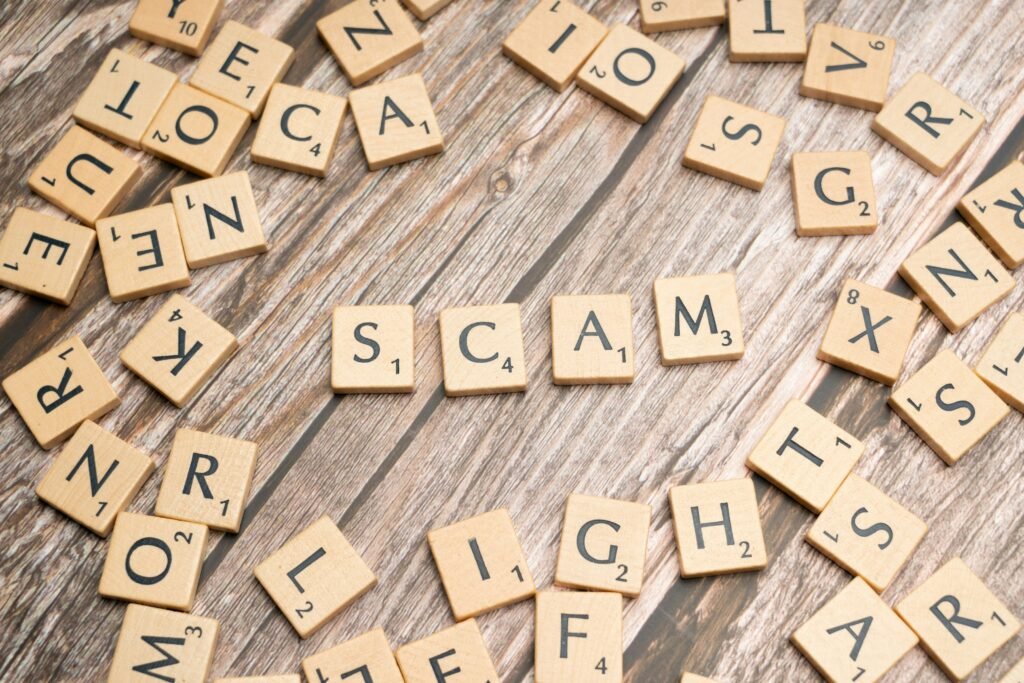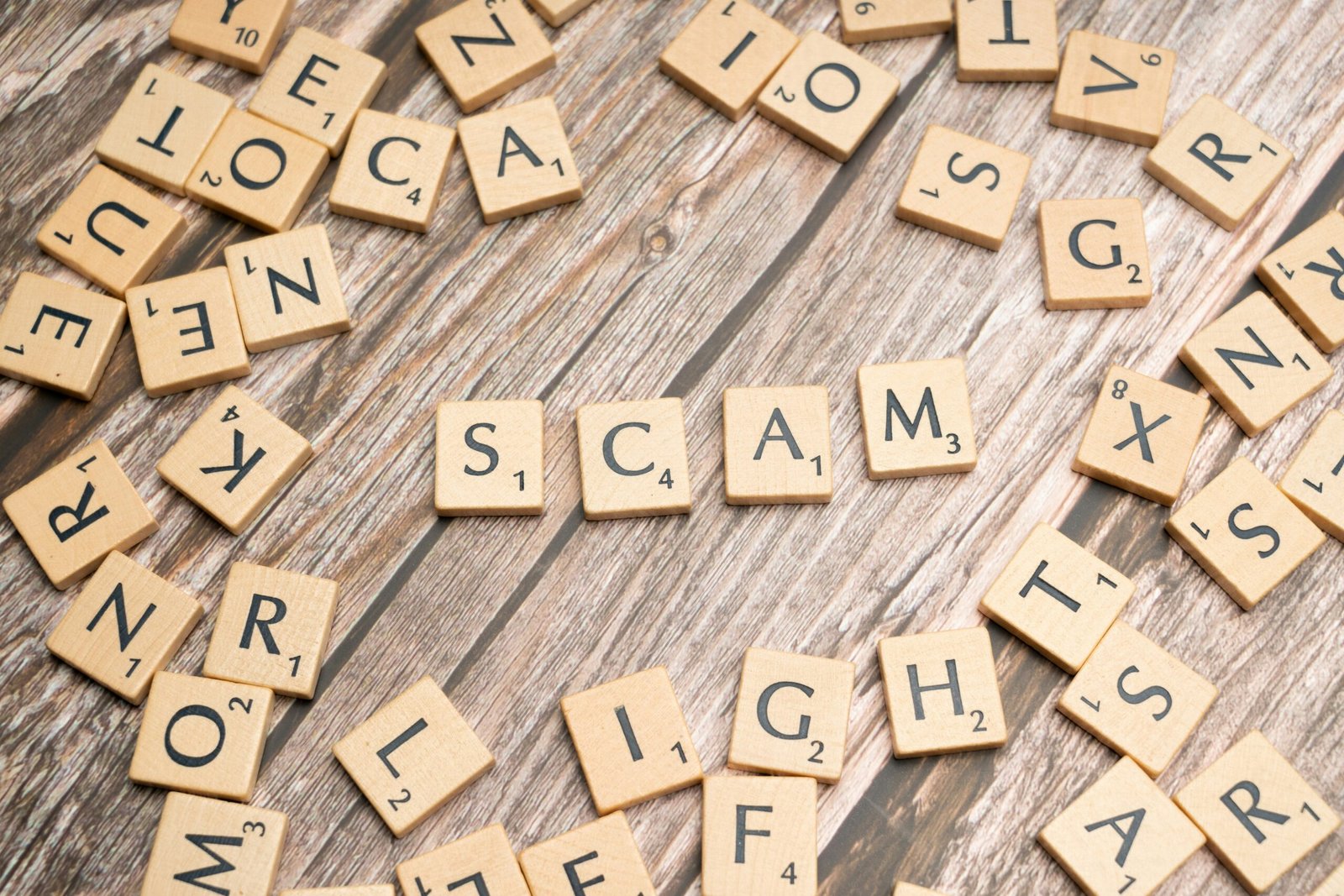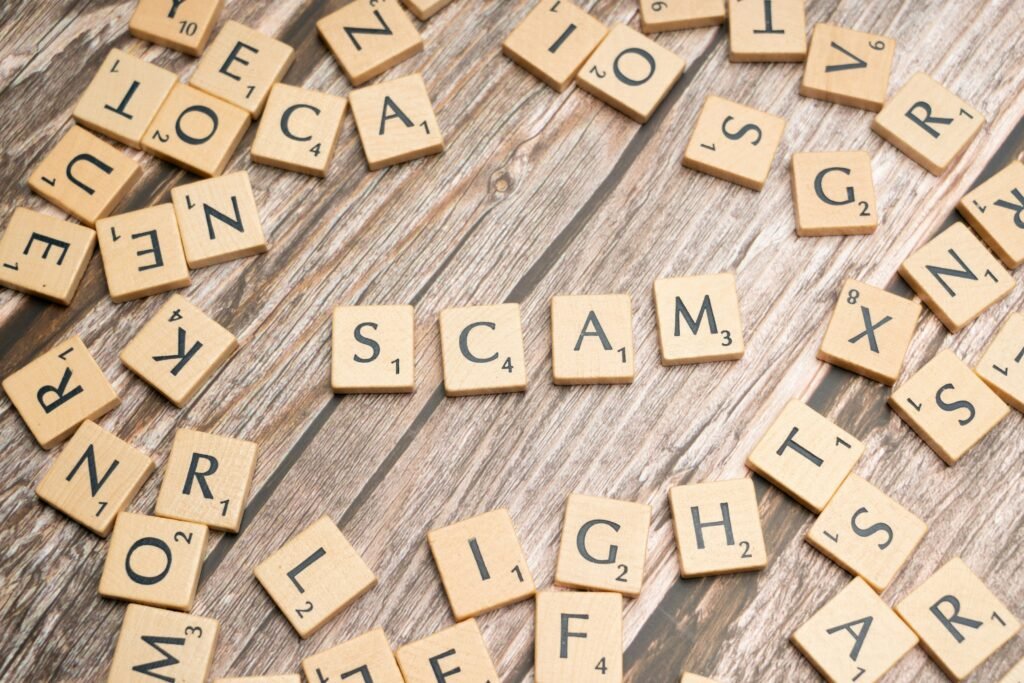Have you ever wondered how scammers exploit individual retirement accounts (IRAs) to deceive unsuspecting investors? With the increasing complexity of financial markets and retirement planning, IRA scams have unfortunately become more prevalent, and they can compromise the financial security you’ve worked so hard to build. Understanding how these scams operate is crucial in safeguarding your investments and retirement funds.
Understanding IRAs
Before diving into the murky waters of IRA scams, it’s useful to have a clear understanding of what an IRA is. An Individual Retirement Account (IRA) is a financial tool in the United States that allows individuals to save for retirement with tax-free growth or on a tax-deferred basis. Various types of IRAs include Traditional IRAs, Roth IRAs, SEP IRAs, and SIMPLE IRAs. Each has its own set of rules regarding tax treatments and contribution limits, and choosing the right one depends on your financial situation and retirement goals.
Types of IRAs
-
Traditional IRA: Contributions may be tax-deductible, and the growth is tax-deferred. Withdrawals during retirement are taxed as ordinary income.
-
Roth IRA: Contributions are made with after-tax dollars. Qualified withdrawals are tax-free, providing tax benefits during retirement.
-
SEP IRA: Designed for self-employed individuals and small business owners, these IRAs allow employer contributions and have higher contribution limits than traditional IRAs.
-
SIMPLE IRA: This is similar to a 401(k) and is suitable for small businesses, providing both employees and employers the ability to contribute.
Understanding the basic structure and purpose of these accounts is crucial when identifying and protecting against IRA scams.

This image is property of images.unsplash.com.
Common IRA Scams
IRA scams can take on many forms, often preying on the public’s lack of understanding and the complex nature of financial products. Unscrupulous scammers devise sophisticated techniques to rob you of your retirement savings. Here are some common scams targeting IRAs:
Ponzi Schemes
Ponzi schemes promise high returns with little risk and tend to rely on new investors to pay returns to earlier investors. They often collapse when it becomes impossible to recruit more investors or when a large number of investors cash out.
Phishing and Identity Theft
Cybercriminals may use phishing tactics to steal your personal information. They send fake emails or create fraudulent websites that resemble legitimate financial institutions, intending to trick you into providing sensitive information, such as login credentials or Social Security numbers.
Fraudulent Investment Opportunities
Scammers may pitch fake investments to convince you to part with your IRA funds. These fraudulent investments might appear legitimate but often involve nonexistent or worthless assets.
Free Investment Seminars
Be cautious of free seminars promising to make you a fortune by investing your IRA. These events often aim to sell you overpriced financial products or trick you into revealing confidential information.

This image is property of images.unsplash.com.
Warning Signs of IRA Scams
To protect yourself from becoming a victim of IRA scams, you must recognize the warning signs. Here are some red flags to watch out for:
Unrealistic Returns
If an investment promises consistently high returns with little or no risk, it’s probably too good to be true. All investments come with a certain level of risk.
Pressure Tactics
Fraudsters may pressure you to make immediate decisions without proper consideration or research. Legitimate financial advisors give you time to think and seek second opinions.
Lack of Information
If you can’t obtain complete information about an investment or its underlying assets, it’s a major red flag. Legitimate investments should be transparent about their operations.
Unregistered Products
Check if the investment is registered with the Securities and Exchange Commission (SEC) or other relevant authorities. Unregistered investment products or advisors can be a sign of fraud.
Nonexistent Company Track Record
If a company lacks a verifiable track record or independent reviews, proceed with caution. Reputable companies have a history of documented success.
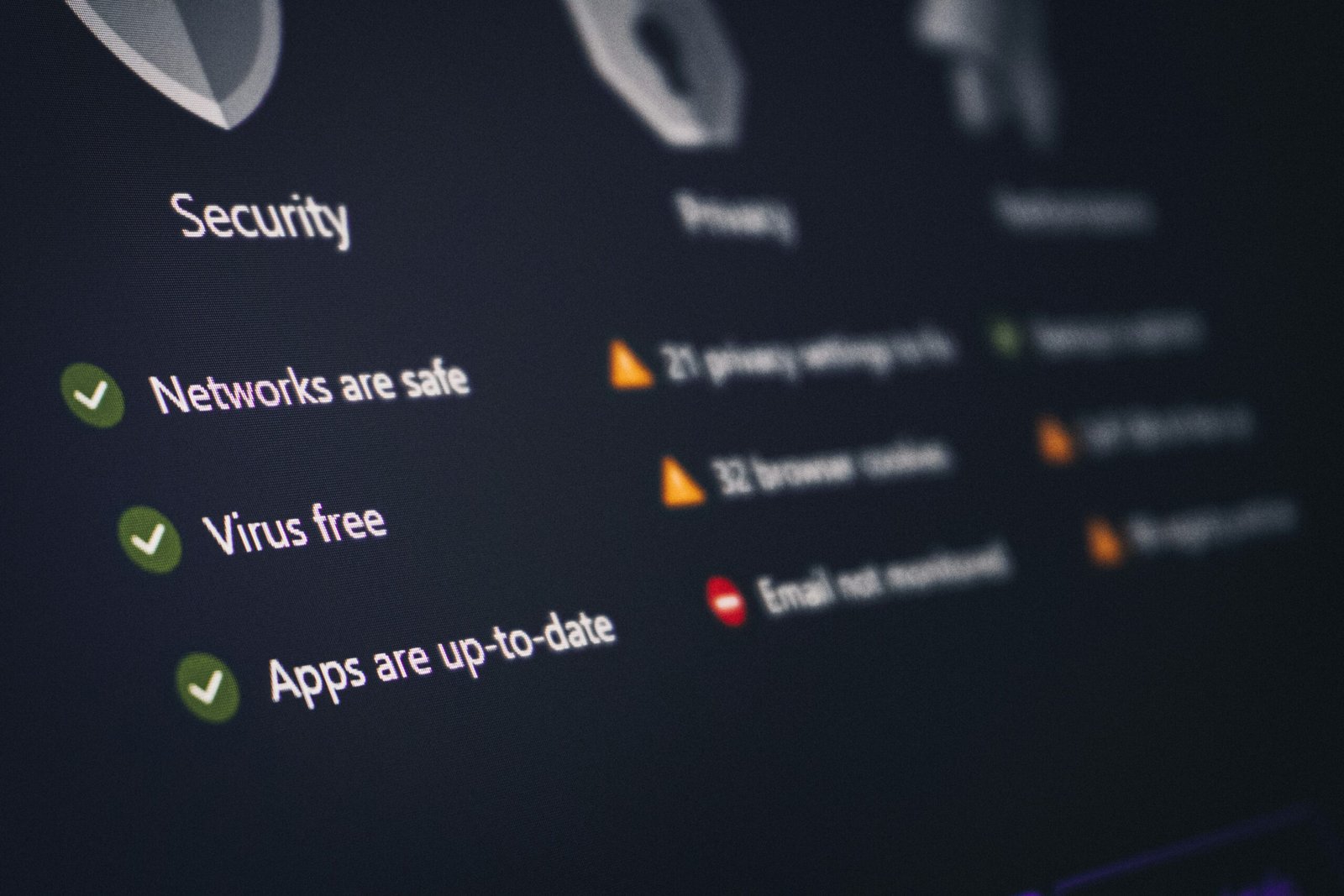
This image is property of images.unsplash.com.
How to Protect Yourself
Protecting your IRA from scams requires vigilance and a proactive approach. Here are some strategies to help ensure your retirement savings remain secure:
Verify Credentials
Always verify the credentials of anyone offering financial advice or soliciting investments related to your IRA. Confirm their registration with financial regulatory bodies and check for any disciplinary actions.
Conduct Thorough Research
Before investing, research the company or individual offering the investment. Look for reviews, history, and any news articles or legal issues associated with them.
Use Reputable Institutions
Work with well-known and respected financial institutions to manage your IRA. These institutions are typically more regulated and have better checks in place to prevent fraudulent activities.
Maintain Secure Communications
Be cautious when handling communications related to your IRA. Use secure passwords, enable two-factor authentication where possible, and never share sensitive information over unsecured channels.
Stay Informed
Continuously educate yourself about potential scams and new tactics fraudsters might use. The more informed you are, the better equipped you’ll be to spot a scam.
Be Skeptical
Always maintain a healthy dose of skepticism when confronted with unbelievable deals or pressured timelines. Trust your instincts if something feels off.

This image is property of images.unsplash.com.
Reporting IRA Scams
If you suspect that you’ve been targeted by an IRA scam, prompt action can often minimize damage. Here’s what you should do:
-
Contact Your IRA Custodian: Inform them of any suspicious activity. They might be able to freeze your account to prevent unauthorized access.
-
Report to Authorities: File a report with the Federal Trade Commission (FTC) and the SEC. They have established procedures for dealing with and investigating fraud.
-
Inform Local Law Enforcement: They can provide guidance and may be able to help in criminal investigations.
-
Monitor Financial Statements: Keep a vigilant eye on your financial statements for any unauthorized transactions, and report them promptly.
-
Consult Legal Aid: Seek out a lawyer who specializes in financial fraud for advice on your next steps and potential recovery of funds.

This image is property of images.unsplash.com.
Conclusion
IRA scams are a significant threat to your financial future, but being aware of the types of scams and their warning signs can help you avoid falling victim. Always remain cautious, do your due diligence, and ensure you’re working with reputable financial advisors and institutions. Your vigilance and informed action are your best defenses against those who try to exploit your hard-earned retirement savings. By staying informed and cautious, you can ensure that your IRA serves its intended purpose: helping to secure a comfortable and worry-free retirement.

